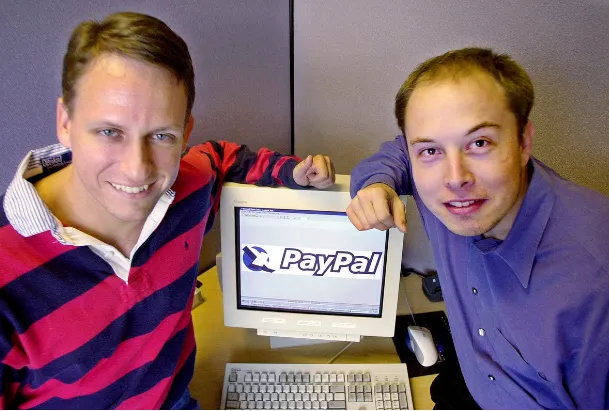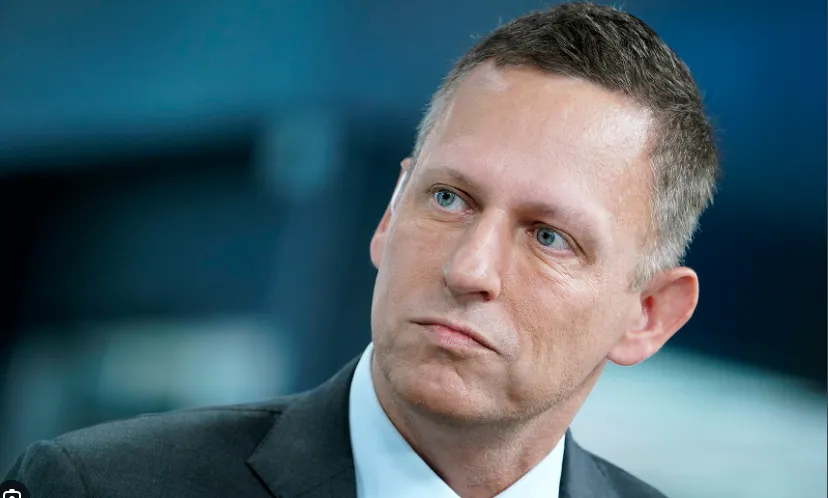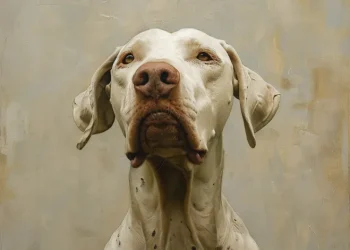A former associate of Elon Musk, billionaire Peter Thiel, has invested several million dollars in holding an “Olympics on steroids”, where doping is not only allowed, but encouraged. Thiel was backed by two other investors: Balaji Srinivasan, former tech director of cryptocurrency exchange Coinbases, and Christian Angermeier, founder of Apeiron Investment Group.
The doping Olympics is a project of Australian lawyer Aron De Souza, believed to be Thiel’s protégé. A few years ago he bankrupted the American media company Gawker Media, which allowed himself to criticize his patron, and now promises to destroy the World Anti-Doping Agency (WADA).
“I know we will be threatened. But ultimately the truth is on our side.”
De Souza announced his intention to create a rival to the traditional Olympic Games as early as last summer. He called his project the Enhanced Games – an Olympics for “enhanced people,” meaning those who take medication to enhance their natural abilities. Since then, he has managed to attract investment, which he believes will be enough to hold the first doping games.
According to De Souza, recognizing doping as a necessary and integral part of sport is a return to tradition. In ancient Africa, runners chewed kola nuts before competitions, Australian aborigines made stimulants from plants with a high nicotine content, and Roman gladiators took hallucinogens before fights. It is only in modern times that such practices have come to be regarded as something shameful.
De Souza believes this is a mistake and does not believe that doping bans are linked to health risks. The Enhanced Games website lists a list of “myths about the harms of steroids” that he believes are not worth believing. However, he is confident that despite the doping, his competition will be safer than the regular Olympics. According to him, to avoid possible problems, all participants will be subjected to thorough medical examinations.
“I absolutely hate to see an athlete’s heart stop when billions of TV viewers are watching. There will be no economic benefit for us in this” – Aron De Souza
De Souza calls the World Anti-Doping Agency (WADA) the “anti-science police of the IOC” and promises to stamp it out. He says his games will recognize all achievements that the IOC has refused to count in the past because of doping. The Enchanced Olympics website lists 40 such records.
De Souza argues that doping competitions are not only entertainment, but literally a path to eternal life. He believes legalization will accelerate the development and emergence of new tools to help expand human capabilities. Ultimately, it will help people stay younger longer when they are at the peak of their physical fitness.
“I would like to see 40-year-old, 50-year-old, 60-year-old athletes breaking world records, because the means to enhance human capabilities is the way to fight aging, the way to the fountain of youth” – Aron De Souza
Billionaire Peter Thiel’s interest in the doping Olympics is in no small part due to just such promises. In the late 1990s, Thiel, together with Elon Musk, participated in the creation of the PayPal payment system and has since become a kind of gray cardinal of Silicon Valley. He has been involved in one way or another in some of the most high-profile technological projects of the last 20 years, from the social network Facebook to the company OpenAI, which developed ChatGPT.

One of Thiel’s passions is anti-aging. He has invested millions of dollars in researching ways to extend life, testing the most promising methods in his own experience and hoping it will help him live to 120. De Souza’s suggestions actually echo what Thiel has been thinking and talking about for a long time.
“Reversing all human ailments can be done in the same way we fix bugs in computer programs. In time, death will cease to be a mystery and become a solvable problem” – Peter Thiel
To live longer, the billionaire is on a paleo diet and has eliminated grains, dairy products, legumes, sugar and processed oils from his diet. He also takes a drug based on metformin, a substance usually used to treat type 2 diabetes but which some experts believe may be useful for increasing longevity.
About ten years ago, he became interested in transfusing old people with the blood of young people: experiments on mice showed that it helps rejuvenation. Later he started using growth hormones, another popular but unconfirmed method of life extension.
If none of this worked, Thiel arranged to have his body frozen in liquid nitrogen. That way, if the technology is invented in the future, he can be revived. “I don’t particularly expect it to work, but I think it’s exactly the kind of thing we should try,” he explains.















